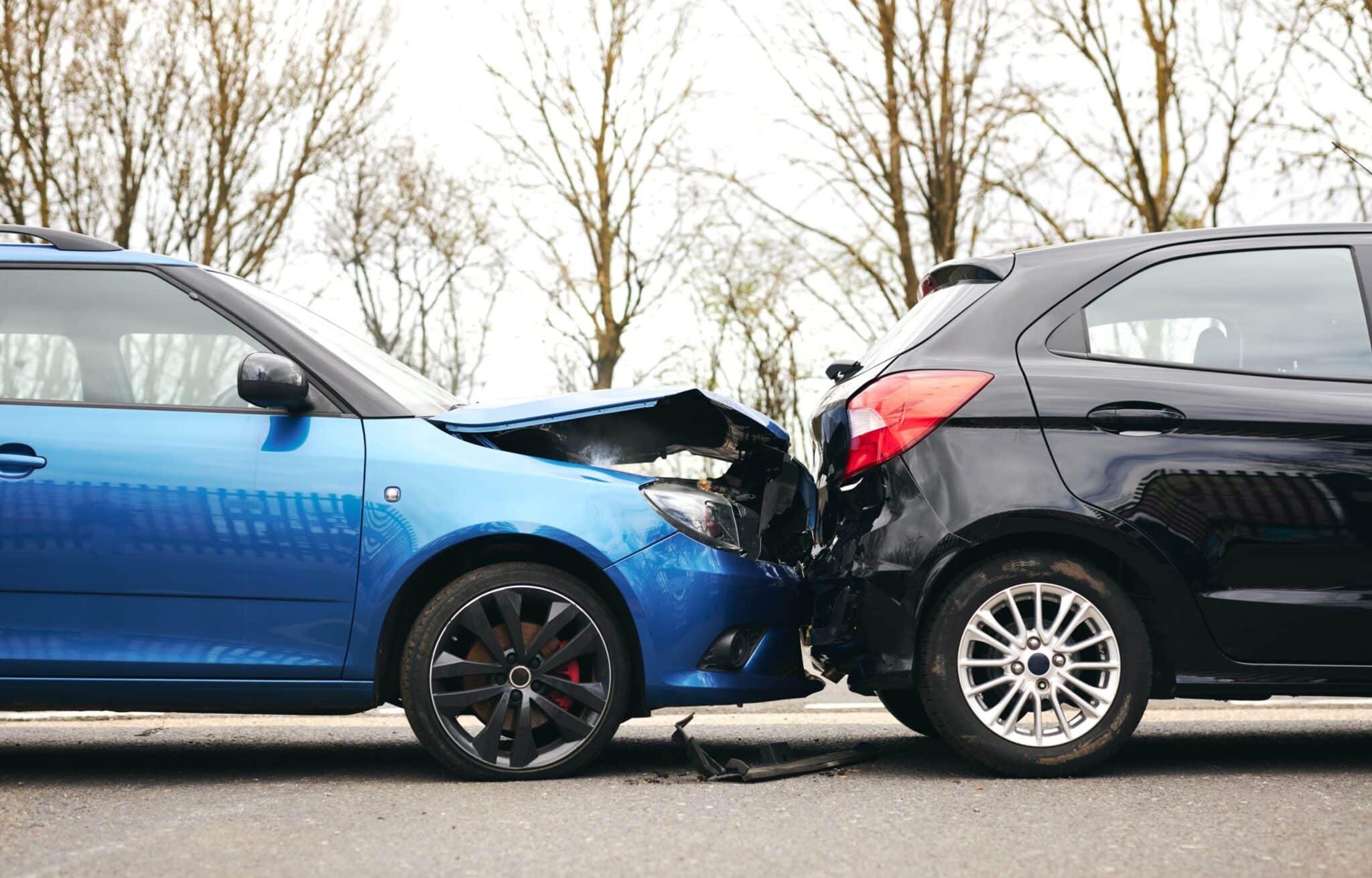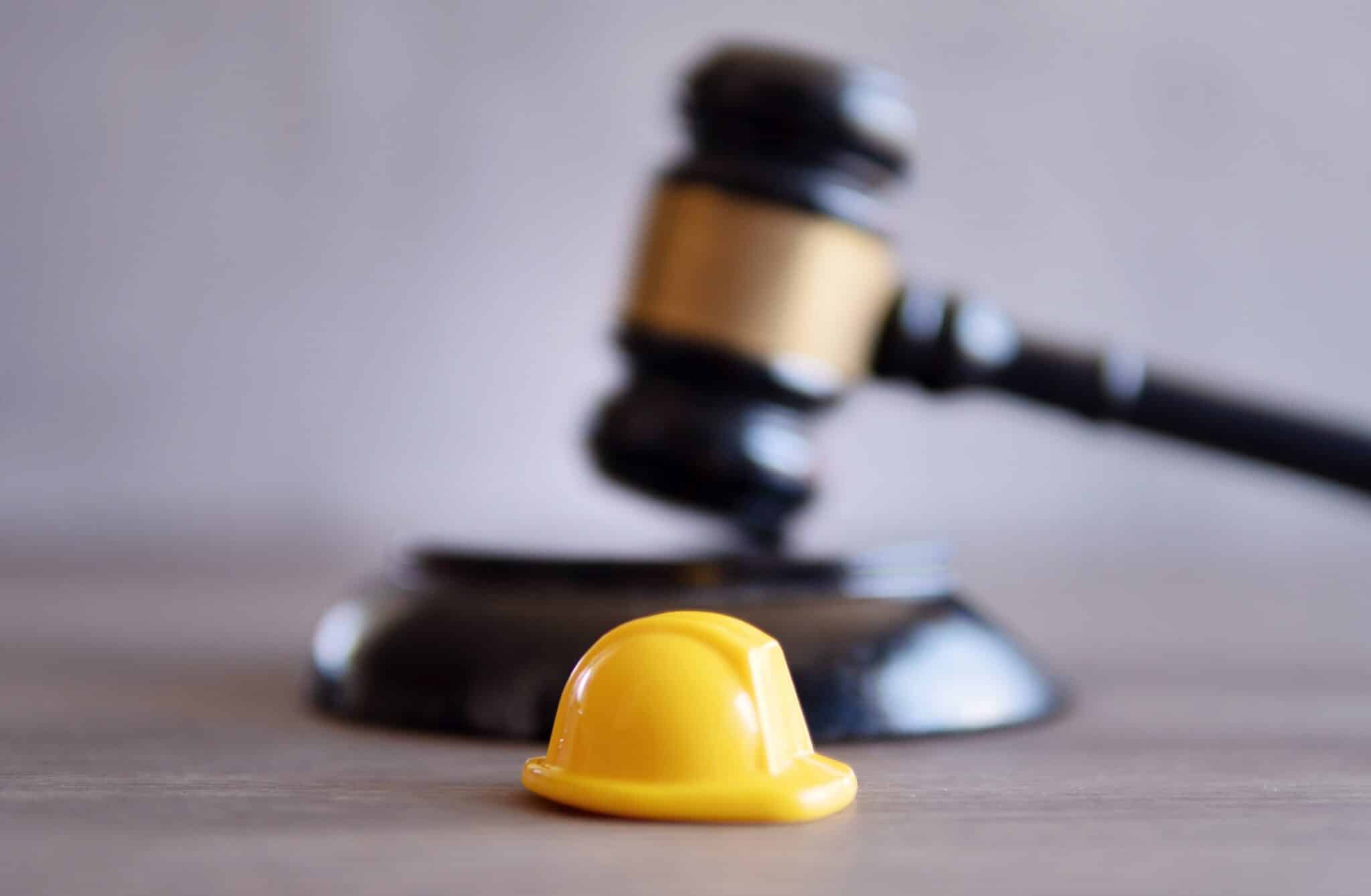HOW A MISDEMEANOR CAN PUT UP A ROADBLOCK ON YOUR MISSOURI JOB PROSPECTS

If you think a misdemeanor is “no big deal,” think again. In Missouri, even a seemingly minor criminal charge, like shoplifting, marijuana possession, or a bar fight gone sideways, can seriously damage your career opportunities.
Whether you’re applying for a new job, hoping for a promotion, or trying to switch careers, a misdemeanor on your record can feel like a scarlet letter.
At KC Defense Counsel, our experienced Kansas City criminal defense attorneys have helped countless Kansas City clients clean up their records and fight back against charges that could sabotage their futures.
Let’s break down exactly how a misdemeanor can impact your employment—and what you can do about it.
WHAT IS A MISDEMEANOR IN MISSOURI?
Missouri law classifies misdemeanors into several categories, with Class A misdemeanors being the most serious (punishable by up to a year in jail and a $2,000 fine), and Class C and D being less severe.
Common misdemeanors in Kansas City include:
- Possession of marijuana (under certain amounts)
- Minor theft/shoplifting
- Trespassing
- Driving on a suspended license
- Public intoxication
- Disorderly conduct
These charges may seem minor compared to felonies, but they still show up on background checks and are visible to employers, landlords, licensing boards, and universities.
HOW MISDEMEANORS AFFECT EMPLOYMENT OPPORTUNITIES
They Appear on Background Checks: Most employers conduct background checks before offering a position. Even a Class D misdemeanor will show up unless it’s been expunged.
Red flag alert: Employers may assume you’re untrustworthy, reckless, or a liability—based on one bad decision.
They Can Disqualify You from Certain Jobs: Jobs in healthcare, education, finance, law enforcement, or anything involving children or sensitive data often have strict hiring policies. A misdemeanor, especially one involving theft, assault, or drugs—can make you ineligible.
Even roles requiring a commercial driver’s license (CDL) can be off-limits if your charge relates to driving offenses.
They Can Lead to Immediate Termination: If your current employer discovers a recent criminal charge—especially one you didn’t disclose—you may be fired for violating company policy or damaging the organization’s reputation.
They Can Interfere with Professional Licensing: If you’re trying to become a nurse, teacher, contractor, or any licensed professional in Missouri, a misdemeanor may trigger additional reviews, delays, or outright denial of your license.
They Can Undermine Promotions and Raises: Even if your employer doesn’t fire you, a criminal record can quietly stall your career growth. You may find yourself passed over for promotions or excluded from leadership opportunities because of concerns over “risk.”
HOW TO MINIMIZE THE DAMAGE
Hire an Experienced Criminal Defense Attorney
Your best chance at protecting your future is hiring a skilled Kansas City criminal defense lawyer as early as possible. At KC Defense Counsel, we fight to get charges dismissed, reduced, or diverted into programs that won’t result in a conviction.
Explore Expungement Options
Missouri has recently expanded its expungement laws, allowing many misdemeanors to be cleared from your record. If eligible, you could legally say you’ve never been convicted. We help clients through the expungement legal process every day.
Be Strategic With Employers
If your case can’t be dismissed or expunged, we help clients craft honest but strategic explanations for job applications and interviews. There’s a right way and a wrong way to talk about your record.
FACING A MISSOURI MISDEMEANOR? CALL KC DEFENSE COUNSEL TODAY
Even a single misdemeanor can haunt your job prospects for years but it doesn’t have to. The knowledgeable and affordable criminal defense attorneys at KC Defense Counsel have helped thousands of people in Kansas City fight charges, protect their records, and move forward with confidence.
Don’t wait until it’s too late. Call our office today or fill out our online form for a free consultation. We’re here to fight for your future.



















